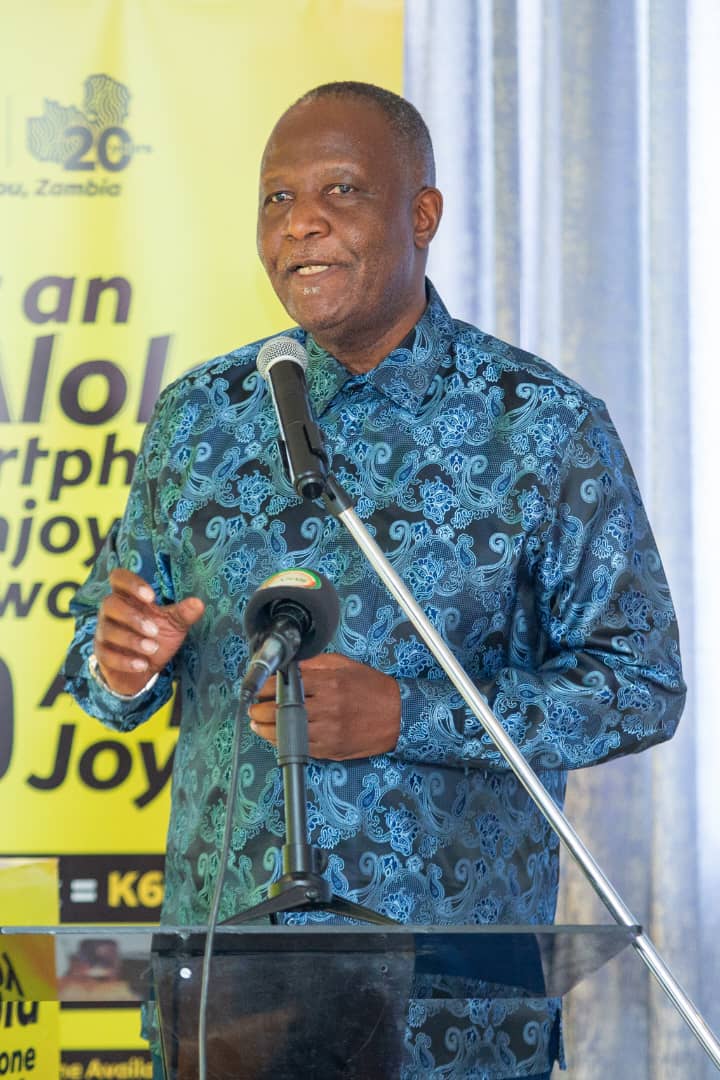EU nations will impose an emergency flight ban on countries in southern Africa after the discovery of a new coronavirus variant there, an EU Commission spokesperson has said.
Eric Mamer said member states agreed to the ban after Europe’s first case of the variant was discovered in Belgium.
The variant, known as B.1.1.529, has also been identified in South Africa, Botswana and Hong Kong.
The World Health Organization (WHO) has declared it a variant of concern.
Health chiefs from all 27 EU states agreed to impose the travel ban in an emergency meeting on Friday, Mr Mamer wrote on Twitter.
The ban will be applied to travellers from Botswana, Eswatini, Lesotho, Mozambique, Namibia, South Africa and Zimbabwe, he said.
Scientists say they still have much to learn about the virus’s new mutations and the WHO has said it will take a few weeks to understand the impact of the new variant, as experts work to determine how transmissible it is.
The WHO on Friday said preliminary evidence suggested the new variant, which it named Omicron, carried a higher risk of reinfection than other variants.
Scientists have said it is the most heavily mutated version yet, which means Covid vaccines, which were designed using the original strain from Wuhan, may not be as effective.
Stock markets across the world fall sharply on Friday, amid investor fears over the potential economic impact.
In London, the FTSE 100 share index dropped by nearly 3%, while markets in Germany and France also declined following falls in Asia.
Where have cases been detected so far?
The WHO says so far fewer than 100 sample sequences have been reported. Cases have mainly been confirmed in South Africa, but have also been detected in Hong Kong, Israel, Botswana and Belgium.
UK Health Secretary Sajid Javid said on Friday that the variant is “highly likely” to have spread to other countries.
Most of the cases in South Africa have been from its most populated province, Gauteng, of which Johannesburg is the capital city.
Only about 24% of South Africa’s population is fully vaccinated, which could spur a rapid spread of cases there, Dr Mike Tildesley, a member of the Scientific Pandemic Influenza Modelling group (Spi-M), told the BBC on Friday.
In Hong Kong, the infections were found in a person who had arrived from South Africa, and a guest in the same quarantine hotel who tested positive a few days later, the Department of Health revealed. Both were fully vaccinated.
Europe has identified its first case of the variant in Belgium. Belgian media reports suggest that the case emerged in an unvaccinated young woman who had recently travelled from Egypt via Turkey and developed mild flu symptoms 11 days later.
Israel’s Prime Minister Naftali Bennett said on Friday it is “on the verge of a state of emergency” regarding the new variant, and that he would “act fast, strong and now”.
One case was detected in a person who returned from Malawi, according to Israeli media reports quoting the country’s health ministry. Another two suspected infections were yet to be confirmed with test results. All three are said to have been fully vaccinated.
What are different countries doing to stop the spread?
The WHO has warned against countries hastily imposing travel restrictions, saying they should look to a “risk-based and scientific approach.”
Nevertheless, an increasing number of nations including the UK have temporarily halted flights from these southern African countries:
- South Africa
- Botswana
- Namibia
- Zimbabwe
- Eswatini (formerly Swaziland)
- Lesotho
The EU has imposed a travel ban after the head of the European Commission, Ursula von der Leyen, called for all EU nations to put on the “emergency brake” and stop flights from the region.
“It is now important that all of us in Europe act very swiftly, decisively and united,” she said on Friday.
The EU is already struggling to cope with fresh waves of the virus, and several countries have re-imposed lockdowns and restrictions.
Singapore, Italy, France and Israel are among those who have also placed Mozambique on their red lists.
The Czech Republic will ban anyone who has spent more than 12 hours in those nations and also Zambia from entering as of Saturday.
Japan has announced that from Saturday, travellers from much of southern Africa will need to quarantine for 10 days and take a total of four tests during that time.
“The key to crisis management is to prepare for the worst,” the Japan Times newspaper quoted chief cabinet secretary Hirokazu Matsuno as saying.
Germany, which is currently going through a fourth wave of infections because of the Delta variant, will allow only Germans to fly into Germany from South Africa as of Friday night. The head of the country’s RKI public health institute, Lothar Wieler, said he was very worried about the new variant.
Meanwhile, the German air force on Friday began airlifting patients within the country for the first time during the pandemic, flying people from Bavaria to Münster-Osnabrück in the west, where there are more intensive care beds free.
India has ordered more rigorous screening and testing for travellers arriving from South Africa, Botswana and Hong Kong, local media is reporting.
Reactions from South Africa
Health Minister Joe Phaahla told reporters that the flight bans against the country were “unjustified”.
“The reaction of some of the countries, in terms of imposing travel bans, and such measures, are completely against the norms and standards as guided by the World Health Organization,” Mr Phaahla said.
The bans already appear to be causing confusion at a number of airports. Passengers on a plane travelling from Cape Town to Manchester via Amsterdam told the BBC that they were held on the tarmac at Schiphol Airport in the Dutch capital for four hours, before eventually disembarking to take PCR tests.
Meanwhile, the flight bans threaten to separate families over the festive season.
Ruth Daines-Slack, 70, had booked to fly from Cape Town to the UK next week for Christmas and her mother’s 100th birthday celebration. She said she is “beyond devastated” that she will no longer be able to make the trip, adding that the UK’s travel ban is a “knee-jerk reaction”.
The UK was one of the first nations to impose a flight ban, which South Africa’s foreign ministry has criticised as a “rushed decision” made before the WHO has made any announcement on the variant.
Source: BBC









Leave a Reply